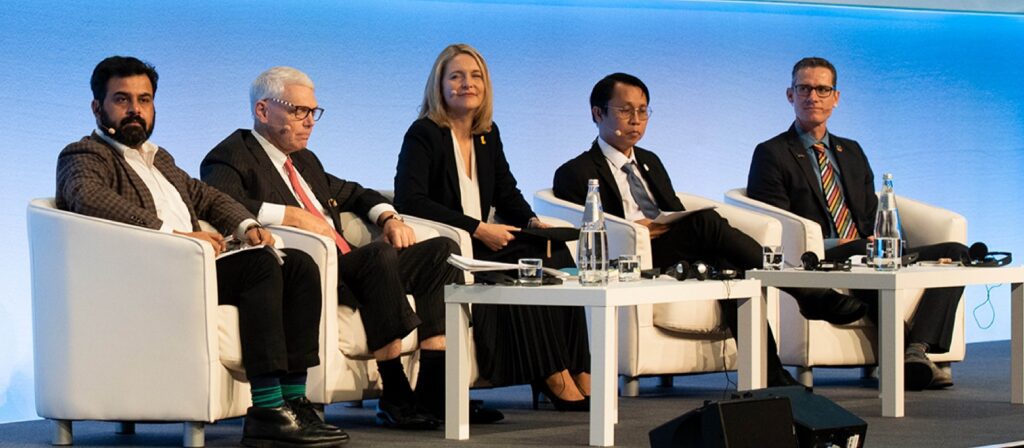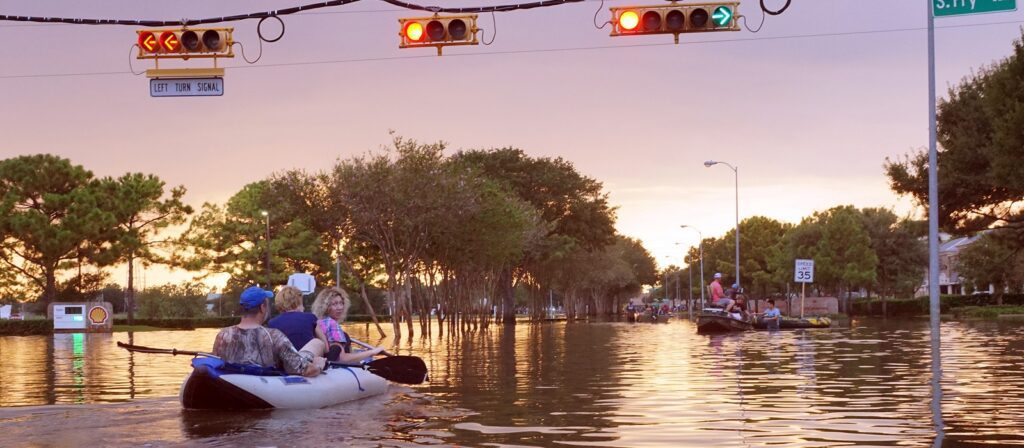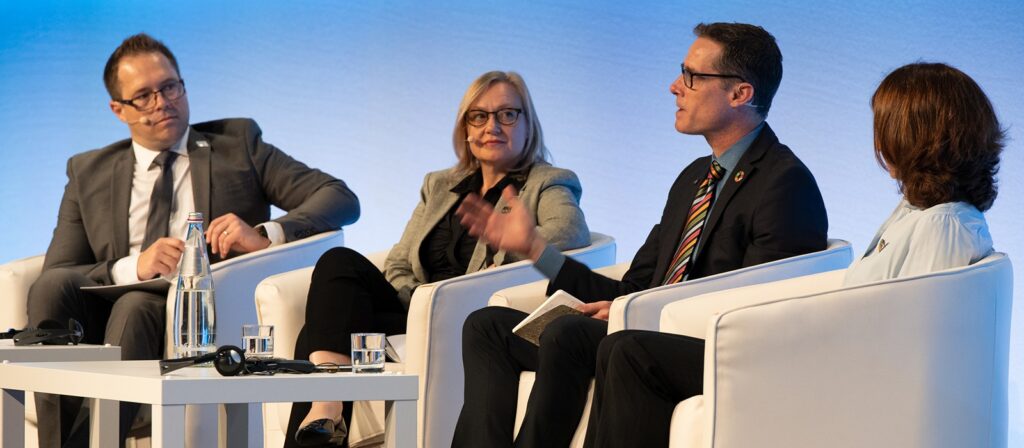Climate change is one of the most critical challenges of our time, affecting communities and economies worldwide. In response to this urgent issue, ICMIF member Co-operators (Canada) has devised a comprehensive plan to tackle climate change through adaptation and resilience. Driven by its purpose of ensuring financial security for Canadians and communities, Co-operators recognised the need for collaborative action and investment in climate solutions
The town of Lytton in British Columbia serves as a stark example of the devastating consequences of climate change. In 2021, it experienced record-breaking heat, followed by a destructive forest fire and subsequent flooding. These events underscore the far-reaching impact of climate change and projections estimate insured losses from climate change events in Canada at a staggering CAD 5.3 billion annually, with homeowners and governments facing costs three to four times this amount. As risks increase, the protection gap widens. To bridge this gap, Co-operators recognises that relying solely on insurance is not sufficient. Alternative mechanisms, such as adaptation and resilience, are essential.
While financial institutions have made substantial commitments to a net-zero future, the majority of these efforts have been directed towards mitigation. A study in 2021 by the Climate Policy Initiative found that 90% of climate investment was in mitigation and only 7% was in adaptation, highlighting the lack of focus on adaptation and resilience. Co-operators aims to change this narrative by incorporating adaptation and resilience into the net-zero agenda. By prioritising investments that reduce and prevent risks while building resilience, Co-operators aligns with Priority 3 of The Sendai Framework, which emphasises Disaster Risk Reduction (DRR). The company recognises the need for public and private partnerships to achieve holistic resilience and stresses the importance of a “whole-of-society” approach.
Co-operators has committed over CAD 2.5 billion, approximately 21% of its investment portfolio, to impact investments. A significant portion of these investments, 75%, is dedicated to funding climate solutions. However, the Canadian cooperative financial services provider acknowledges that a greater emphasis on adaptation is necessary. By 2030, Co-operators aims to allocate 60% of its invested assets to impact or transition investments, with a primary focus on climate-resilient infrastructure. Recognising that it cannot solve this problem alone, Co-operators has forged partnerships with other industry organisations and municipal governments in Canada. Municipal governments, controlling 60% of Canada’s infrastructure, often face limitations in accessing capital, making such collaborations crucial.
Leveraging its capital and expertise in risk assessment, Co-operators has developed a model to fund projects that enhance and build resilient infrastructure for the future. One initiative under review is flood resilience, where the creation of “dry ponds” in historically flooded areas fortifies the region against stormwater and promotes proper water flow, reducing risks and ensuring stability. While such projects currently lack private investor involvement due to limited government funding, Co-operators aims to pilot these initiatives using its own capital. The long-term vision is to scale these projects and invite other institutional investors to participate, fostering widespread resilience.





